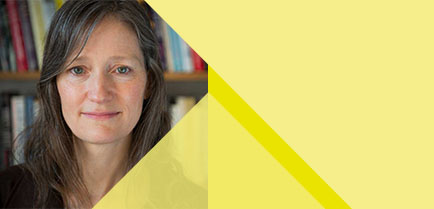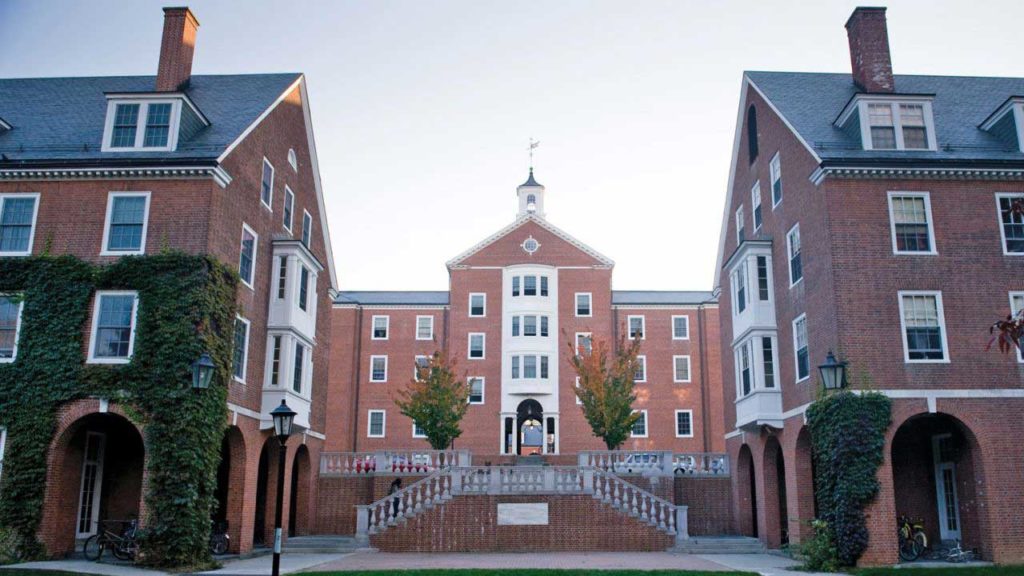Awarded annually to an outstanding and creative faculty member, the Rappaport Fellowship is designed to inspire faculty to develop innovative, interdisciplinary courses at Phyllis Rappaport’s alma mater, Smith College.
The goal of Baker’s course is simple yet ambitious, to teach students to write for an audience rather than for the classroom. “Academic writing is dense, it often relies on jargon, is heavily footnoted, nuanced, and often uses long and sophisticated sentences, says Baker. But when you’re writing for the public, you need to do it in a way that’s accessible and engages your audience. This class teaches students to pull away from that academic training and translate their writing for a popular audience. Public writing is shaped for the reader, and it involves formulating and articulating one’s thoughts in an accessible and conversational tone.”
A public writer in her own right, Baker regularly writes for Ms. Magazine and pens a column for the Daily Hampshire Gazette, a newspaper for the Pioneer Valley and the Berkshires.
Limited to 12 participants, Baker’s students are given six assignments over the course of the semester; an article review, a book review, a film review, an op-ed, a pitch letter, and a feature article.
The first three assignments students are assigned to write a review of the same research article, book, and film. This allows students to see how each writer brings their perspective and opinion to their piece. “The books and films are all in gender studies, so it’s all about how you take something and translate it for a popular audience,” says Baker.
For the final three assignments, the students chose their topics. An editorial, a pitch for a news piece, and a feature article. Each assignment follows a formula. The writer turns in a draft, gets feedback, submits another draft for the class to critique, and with Baker’s feedback rewrites a final draft.
“By the time the third piece is submitted, it’s a solid piece of writing. And most importantly, the students gain confidence as they receive feedback from their peers and professor,” says Baker.
According to Baker, about two-thirds of the way through the class, something transformative happens, the students hit their stride, gain confidence and discover their voices. Their writing vastly improves, and they begin to enjoy the process. ” They start the semester writing in typical academic fashion—long sentences with multiple relative clauses peppered with academic jargon. I teach them the nuts and bolts of journalistic writing—the hook, the lede, the nut graf, etc. They learn how to show rather than tell and keep their writing lively and engaging.”
And while Baker’s students learn to write, they also learn how to edit the work of their peers. Students learn how to provide critical feedback and what it means to be a good editor. “Some of the students really had a knack for editing, and they made substantive, meaty comments in a way that people could hear. We worked on what it means to be a good editor”, says Baker.




